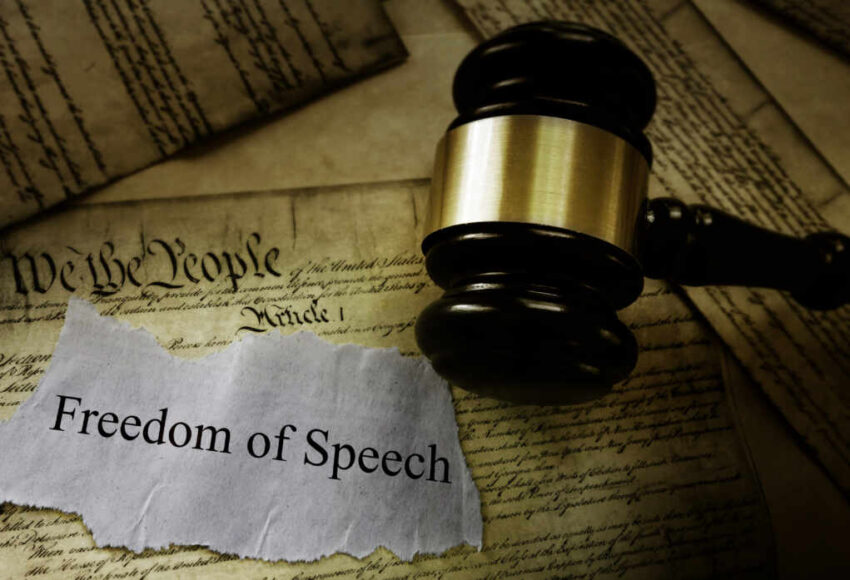A Connecticut town ruled it cannot remove a resident’s vulgar Epstein-themed yard sign, citing First Amendment protections, leaving the dispute unresolved despite complaints from neighbors.
At a Glance
- Killingly officials reviewed complaints about a yard sign referencing Epstein and political figures.
- The sign, considered vulgar by residents, is displayed on private property near schools.
- Town leaders said they lack legal grounds to force removal.
- Officials confirmed the display is protected under the First Amendment.
- Residents are encouraged to pursue private solutions instead of government action.
Legal Boundaries
In Killingly, Connecticut, town leaders confronted complaints over a yard sign that uses vulgar language and references Jeffrey Epstein alongside political figures. Residents argued the sign is offensive and inappropriate for public display, especially given its proximity to local schools.
After consulting with town counsel, officials concluded they had no legal authority to order its removal. Because the sign sits on private property, its content falls within the scope of First Amendment protections. Local leaders noted that while its message may be offensive, the Constitution does not allow government suppression of speech based on content.
Read more: Officials in CT town say they can’t remove ‘vulgar’ yard sign referencing Jeffrey Epstein · CT Insider
https://www.ctinsider.com/news/article/killingly-ct-yard-sign-jeffrey-epstein-political-21020426.php
This ruling aligns with longstanding free speech precedent: offensive or controversial signs are generally protected unless they fall into unprotected categories like obscenity, true threats, or incitement. The town’s decision reflects cautious adherence to these constitutional standards.
Community Frustration
The sign’s visibility has fueled frustration among residents, some of whom view it as damaging to the town’s image and inappropriate near schools. Parents voiced concerns about students encountering vulgar language on their way to class. Officials acknowledged the discomfort but stressed their hands were tied by legal limits.
Officials emphasized that the government cannot police taste or shield communities from offensive expression. Instead, they urged residents to address the matter privately with the sign owner. They suggested approaches such as dialogue, mediation, or neighborhood pressure rather than pursuing government enforcement.
Balancing Rights and Responsibilities
The case highlights the tension between constitutional freedoms and community standards. On one hand, the First Amendment prevents government intervention in private displays of political or vulgar speech. On the other, residents see the sign as a disruption of civic norms and family life.
Killingly officials stressed that property rights grant the resident wide latitude, provided the sign does not obstruct public safety or violate zoning ordinances. They noted that while the law safeguards the display, social accountability rests with the community.
For now, the sign remains, illustrating the difficulty towns face when political expression collides with local sensitivities. It underscores how free speech debates often play out at the neighborhood level, far from national courts but shaped by the same constitutional framework.
Sources
Click this link for the original source of this article.
Author: Editor
This content is courtesy of, and owned and copyrighted by, https://thecongressionalinsider.com and its author. This content is made available by use of the public RSS feed offered by the host site and is used for educational purposes only. If you are the author or represent the host site and would like this content removed now and in the future, please contact USSANews.com using the email address in the Contact page found in the website menu.





